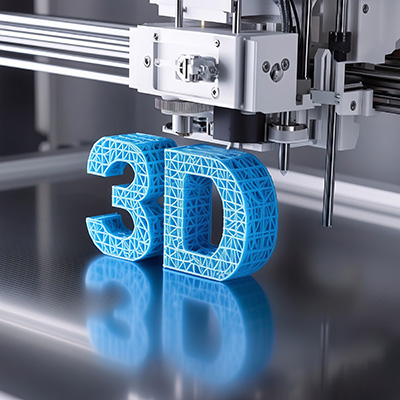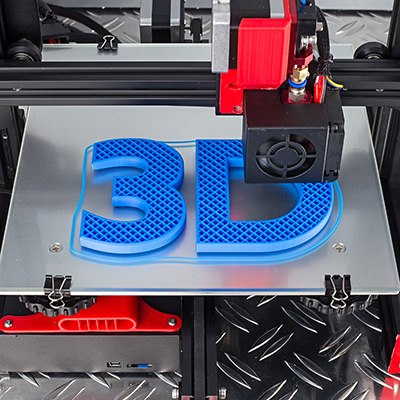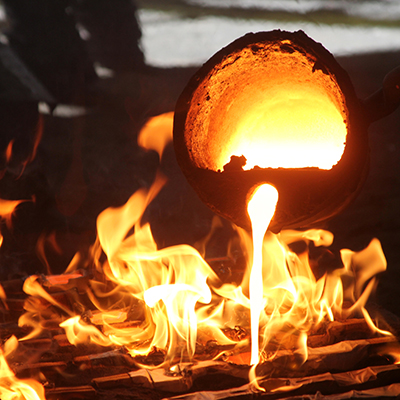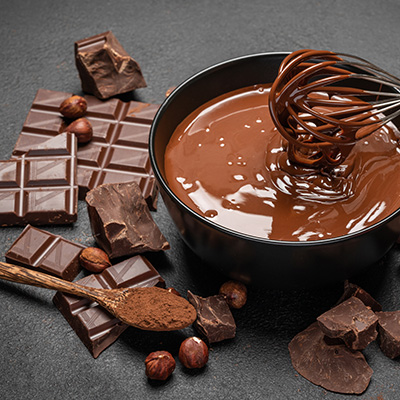
Design It. Send It. We'll Test It.
Are you curious about what makes materials strong, durable, or high-performing? Do you want to create your own material and see how it performs using cutting-edge equipment at the University of Utah?
Join our 2025 High School Materials Competition!
Submit a material sample in one of our competition categories, and we'll put it to the test in our state-of-the-art labs. Winners will be announced at a special celebration event in early December.
Submission Deadline: November 14, 2025
Drop-off Location: MSE Main Office, 3040 CME, University of Utah
Mailing Address:
Materials Science & Engineering
122 South Central Campus Dr., #304
Salt Lake City, UT 84112
Important:
If you are mailing your entry, it must arrive by November 14. Be sure to include:
- Your full name
- Email Address
- Return address (if applicable)
- Selected competition category
Also, please email Kim Watts at kimberly.watts@utah.edu to let us know your package is on the way.
Let your creativity take shape - and let us test it!
We can't wait to see what you'll make.
3D Print Compression Strength

| Sample Dimensions/Materials |
PLA cubes, 3x3x3 cm, 6 g or less (about 50% infill) |
| Testing Parameters |
Samples will be compressed in the z-axis of the print and the maximum stress (force per area) will be measured. |
| How to WIN |
The sample with the highest stress per gram will win. Aim for the lightest but strongest. In case of a tie, the winner will be the best looking of the strongest prints. |
| Why Engineers Care |
The lighter each component in a build can be (without compromising the strength of it), the more efficient the system can be. This test is used for materials that experience steady pushing forces, like a kickstand on a bike. |
| Additional Notes |
Test is destructive. Samples will not be returned. |
| Kickstarting Resources |
3D Print Izod Impact

| Sample Dimensions/Materials |
PLA rectangles, 8x1x0.5, 4g or less (about 80% infill) |
| Testing Parameters |
Samples will be impacted on the 1x8 mm face, and the strength will be measured. |
| How to WIN |
The sample with the highest strength per gram will win. Aim for the lightest but strongest. In case of a tie, the winner will be the best looking of the strongest prints. |
| Why Engineers Care |
The lighter each component in a build can be (without compromising the strength of it), the more efficient the system can be. This test is used for materials that experience sudden, cross-ways forces, like the joystick on a controller. |
| Additional Notes |
Test is destructive. Samples will not be returned. |
| Kickstarting Resources | Link - Izod Impact Test |
Casting/Forging Grain Size

| Sample Dimensions/Materials |
Metal samples no larger than 2” in any dimension. Applicants will need to specify the metal used. Sample must be manipulated by the applicant by casting or forging. As-purchased pieces will not be accepted. |
| Testing Parameters |
Samples will be cross sectioned, polished, and then etched to show the grain structure. We’ll take 3 pictures of the surface showing around 20 grains per picture. Average grain size and size distribution will be measured. |
| How to WIN |
Smallest average grain size wins. In the case of a tie, the winner will have the smallest standard deviation from the average. |
| Why Engineers Care |
Smaller grain sizes in metals correspond to a higher strength and hardness in the material. This test is used for materials that need to withstand regular wear, like the blade of a sword or knife. |
| Additional Notes |
Test is destructive. Samples will not be returned. |
| Kickstarting Resources |
Tempered Chocolate Melting Point

| Sample Dimensions/Materials |
One section of tempered chocolate at least 0.5 g in weight. Chocolate must be made by applicant; as-purchased chocolate will not be accepted. Chocolate should be 80% cacao. |
| Testing Parameters |
Slivers of the chocolate will be melted and the melting temperature will be recorded. Enthalpy (or the energy required to melt the chocolate) will also be measured. |
| How to WIN |
Highest melting point will win. |
| Why Engineers Care |
Chocolate that melts at too low of a temperature is grainy and blooms in storage, causing dramatic loss of flavor. Tempering chocolate is the best way to get that delicious taste to last. |
| Additional Notes |
Samples will not be returned. |
| Kickstarting Resources | PDF - Analyzing Chocolate |
